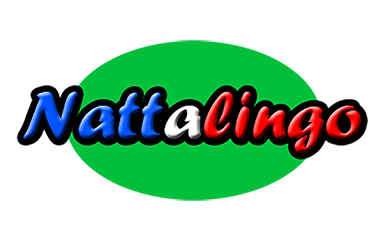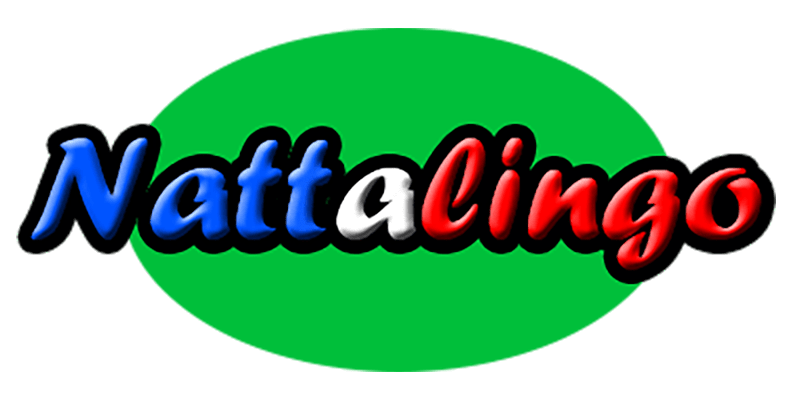I am now limiting the time that I spend away from home, but for Language World I have made an exception… and my proposal was accepted, yeah!
If you are reading this… thanks for attending my workshop or reading about it on the ALL website!
- Click here to access my presentation: Nathalie Paris I am learning [insert language] but I am also learning about the English language
- Click here to access a version of my presentation with more details: Nathalie Paris I am learning [insert language] with more detail
Below are the extra ideas from the participants in my session. The room was buzzing! Thank you all!
- Using an English dictionary to discover cognates
- Looking at the root of words
- Looking at words of Anglo-Saxon origin
- Practising pronunciation through footballers’ names
- Use the similarities in SPAG
- Breaking down sentences into parts of speech
- Transition links KS2-KS3 between English/MFL/EAL departments
- During KS2/3 transition: early introduction of grammatical terms, e.g. infinitive, to make them less scary
- Underlining silent letters
- Sound-spelling links with “borrowed words” (European Day of Languages, British Council)
- Translation tasks – even in primary (basic) to make it easier later on
- Talking about grammar, sentence structures, word classes
- When finding a new word in a text, looking at the context and sounding it out as they do in English
- Making links in the grammar
- Being aware that they sometimes misunderstand the rules in English (e.g. say “more better than”), so need to explain them in English before moving on to introducing them in the target language
- Using synonyms, e.g. courageous and brave
- Maximising the explicit with Y4, about conjugating verbs, pointing out that it is done in English too
- Last, but not least (and I totally agree!): don’t be afraid to “go off” tangent, to explore language, links etc. It often leads to really good conversations, comparisons with home languages etc.
Thanks for your contributions, and for reading this!
Nathalie

